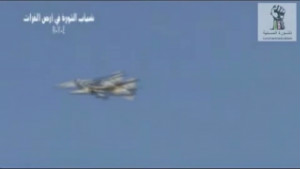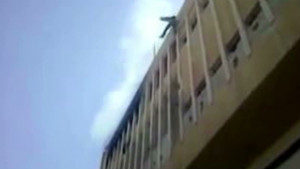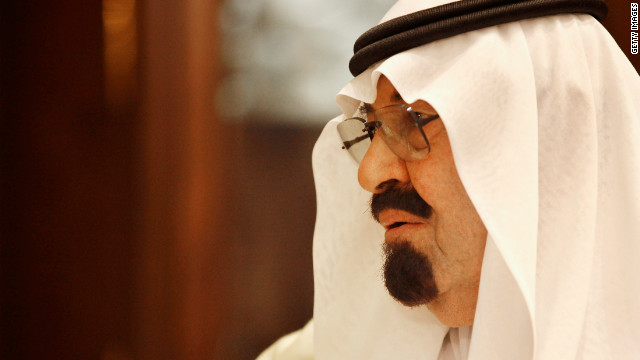Syria expected to dominate Islamic summit
By the CNN Wire Staff
August 14, 2012 -- Updated 1221 GMT (2021 HKT)
STORY HIGHLIGHTS
- Saudi-hosted summit brings together major players in Syria's crisis
- The Organization of Islamic Cooperation suspended Syria on the eve of the conference
- More than 17,000 Syrians have been killed to date, U.N. estimates
(CNN) -- A Tuesday summit in the Islamic holy city of Mecca will bring together the biggest ally of the Syrian government and its top regional antagonists, with the country's increasingly bloody civil war topping the agenda.
The two-day Organization of Islamic Cooperation meeting, hosted by Saudi Arabia's King Abdullah, will have other topics on the agenda, but none so contentious as the conflict between President Bashar al-Assad's government and opposition forces battling to topple it.
The Sunni monarchy of Saudi Arabia is among the most prominent countries backing the Syrian opposition, while the Shiite Islamic republic across the Persian Gulf casts itself and its allies in Damascus as part of an "Axis of Resistance" to domination of the region by outsiders. Iranian President Mahmoud Ahmadinejad warned Monday that "enemies are striving to waste Muslim governments and nations' energy and wealth by pushing them to fight one another," Iran's state-run news agency IRNA reported.
But even before the summit began, OIC foreign ministers agreed to suspend Syria from their ranks in a show of support for the Syrian people, about 17,000 of whom have been killed to date, according to the United Nations.
 CNN crew sneaks in and out of Aleppo
CNN crew sneaks in and out of Aleppo Rebels claim they shot down Syrian jet
Rebels claim they shot down Syrian jet Shelling haunts Syrian family
Shelling haunts Syrian family Syrians being tossed off buildings?
Syrians being tossed off buildings?Ahead of Tuesday's meetings, here's a look at some of the participants and what's at stake for them:
The Gulf monarchies
The Saudis and some of the neighboring Persian Gulf states fear Iran's push to develop nuclear technology and the spread of Tehran's influence in the region. Bahrain's rulers accused Iran of fomenting unrest among its majority Shiite population during a wave of anti-government protests in 2011, but a government inquiry later found little evidence to support that contention. Saudi Arabia and the United Arab Emirates dispatched forces to Bahrain to help bolster their smaller neighbor.
Abdullah said a year ago that there was "no justification" for the Syrian crackdown. Saudi Arabia and Qatar are believed to be sending arms and assistance to the Syrian rebels, while the United States -- a leading ally of both countries -- has been providing non-lethal assistance.
Iran
Already facing intense pressure from sanctions aimed at making it halt its production of nuclear fuel, Tehran is strongly backing its longtime allies in Damascus. As the leading Shiite power, it's solidly behind al-Assad, a member of the minority Alawite sect, a Shiite offshoot.
And its alliance with Syria allows Iran to project power from the Gulf to the Mediterranean, not only through Syria but via the Lebanese Shiite militia Hezbollah. Andrew Tabler, an analyst at the Washington Institute for Near East Policy, calls Syria "a keystone" for Iran.
"There is sort of a cold war taking place between the two sides," Tabler told CNN in May. "I think you can see that playing out in terms of Qatar, the United Arab Emirates, Saudi Arabia and Turkey clearly on the side of the opposition in Syria, while the Iranians are strongly backing the regime. What's at stake is larger than what's within Syria's borders."


